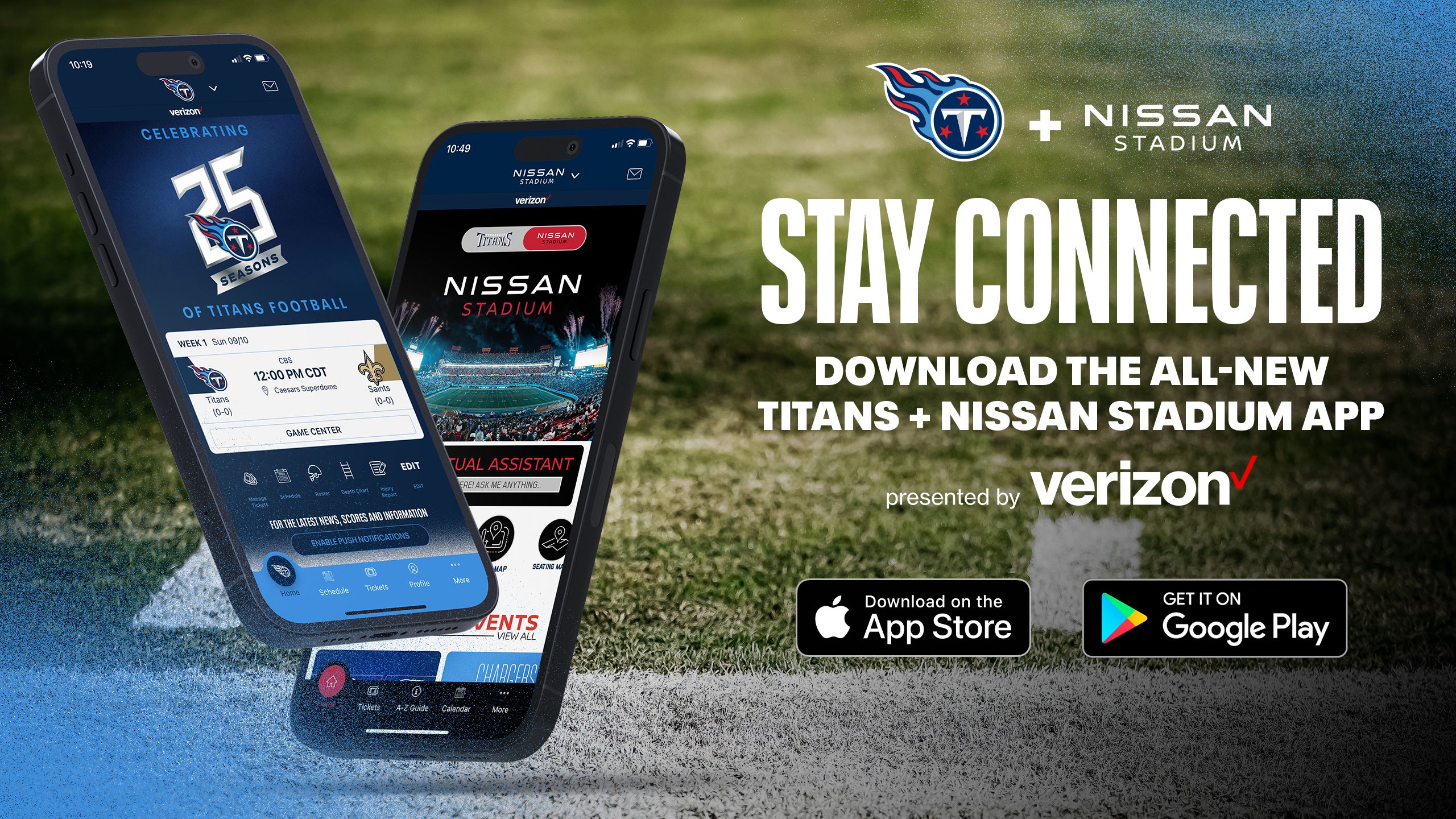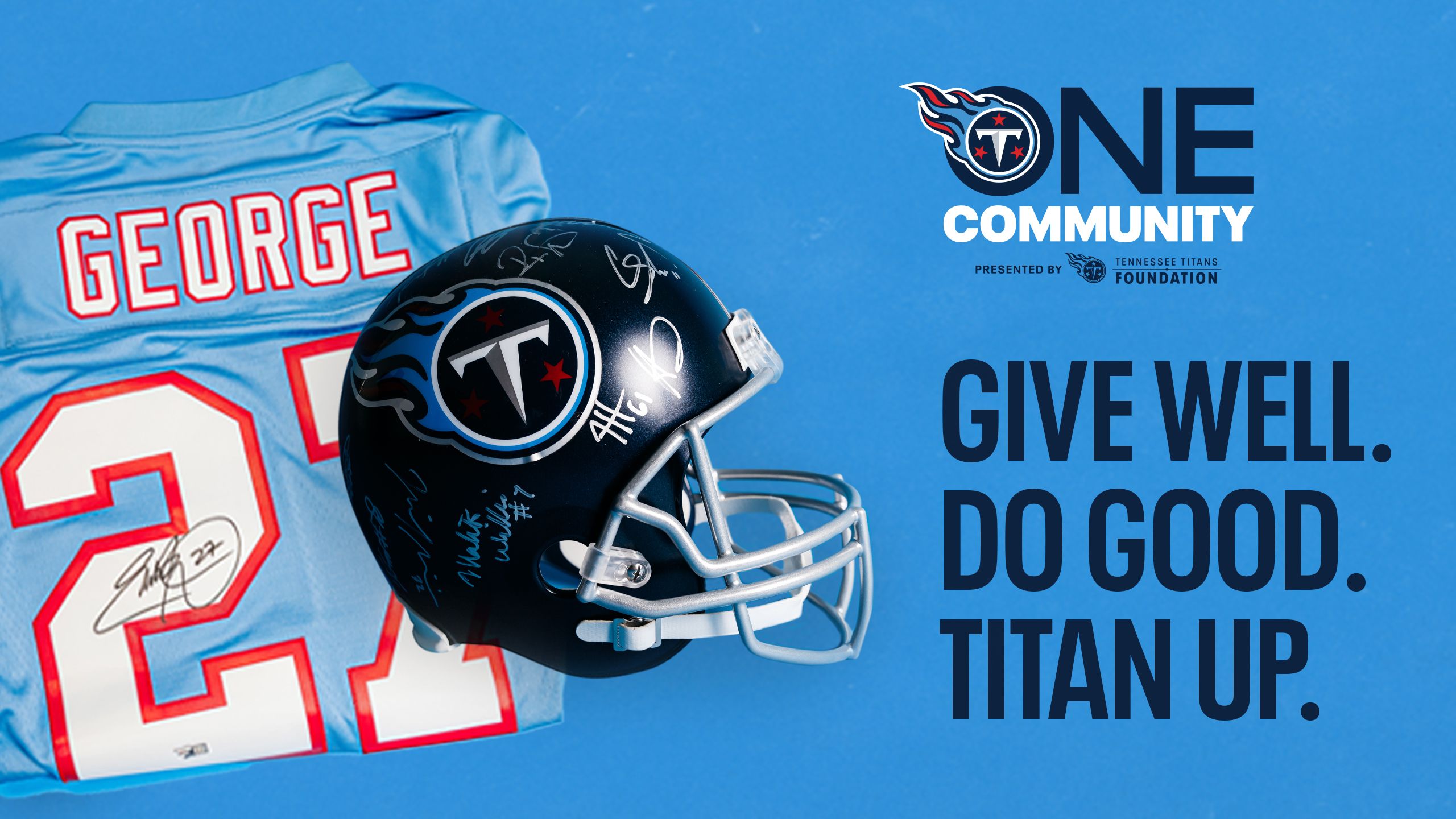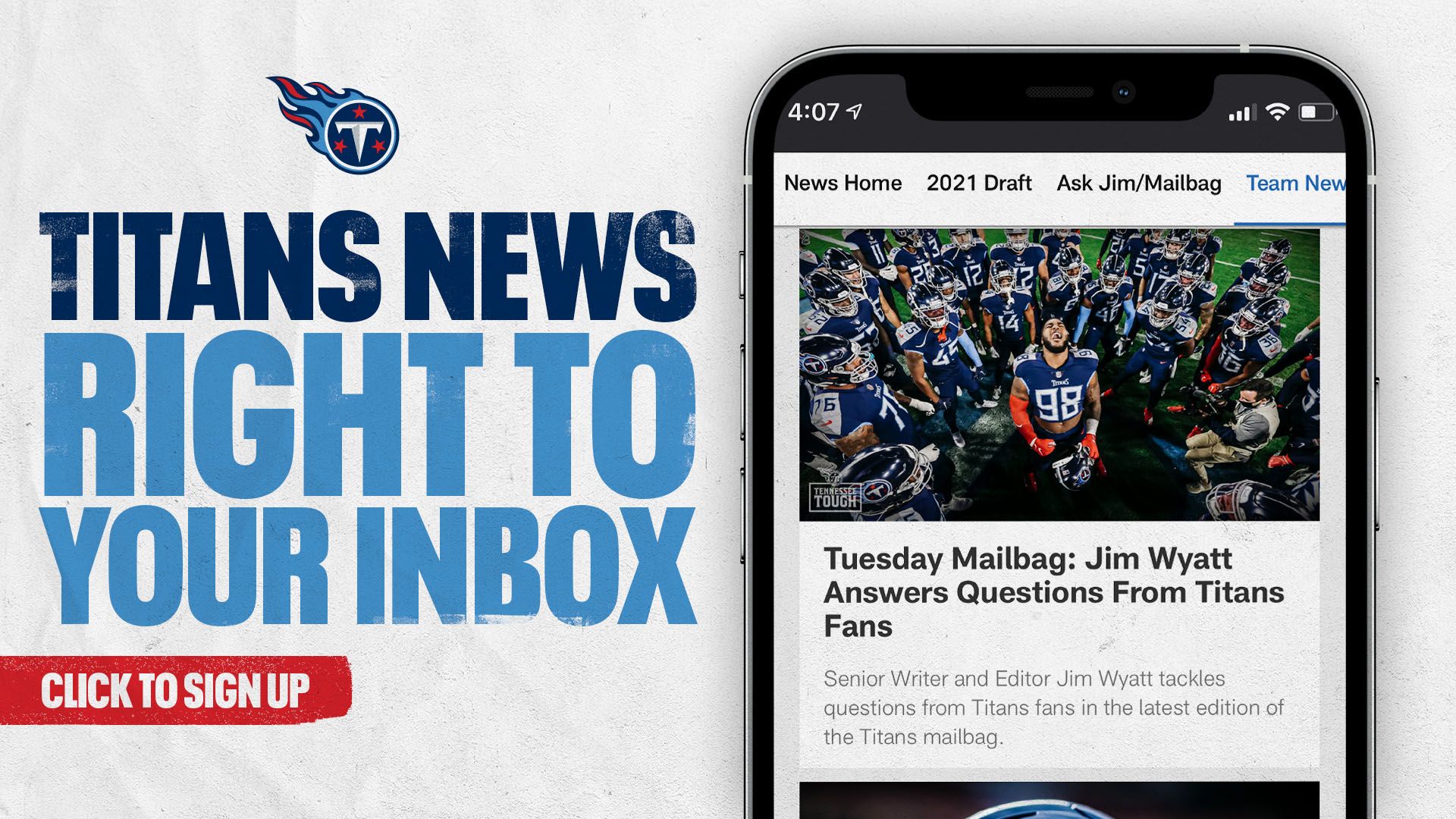MINNEAPOLIS- After seven weeks of bitter back and forth, failed talks and growing uncertainty about the 2011 season, a federal judge has ordered an immediate end to the NFL lockout.
But there are many hurdles to clear and questions to answer before pro football is actually back on track.
U.S. District Judge Susan Richard Nelson gave the players an early victory Monday in their fight with the owners over how to divide the $9 billion business, granting their injunction request to lift the lockout.
The fate of next season, however, remained in limbo: The NFL responded by filing a notice of appeal questioning whether Nelson exceeded her jurisdiction, seeking relief from the 8th U.S. Circuit Court of Appeals in St. Louis. Hours later, the league filed a motion for an expedited stay, meaning it wants Nelson to put her ruling on hold to let the appeals process play out.
What happens in the next few days is murky, too.
Will players burst through the weight room doors at team facilities and start studying their playbooks? Or will they keep to the mostly individual routines they've developed since the start of the NFL's first work stoppage since 1987?
"We're in a 'Wild West' right now. Football is back to business, but guess what? There's no rules. There's a lot of positive to that, but there's also a lot of negatives,'' said linebacker Ben Leber, one of the 10 plaintiffs in the still-pending antitrust lawsuit filed against the league when the union broke up last month.
Bills safety George Wilson confirmed that the NFLPA emailed players late Monday suggesting they report to work on Tuesday. He said players were told they should be granted access under normal circumstances and if they are denied access the teams would be in violation of the judge's ruling.
"We have received inquiry from a number of players and agents. We have simply responded and told them we don't see anything wrong with it,'' NFL Players Association spokesman George Atallah said in a text message to The Associated Press. "Players are organizing stuff on their own ...''
NFL spokesman Greg Aiello said any player who shows up to team facilities will be allowed in.
"If a player comes to the facility, he will be treated courteously and with respect,'' Aiello said in an e-mail.
Nelson's ruling was a stern rebuke of the NFL's case, hardly a surprise given the court's history with the league and her pattern of questioning during a hearing here three weeks ago in St. Paul, Minn.
In a room packed with lawyers, players and league officials, Nelson politely but persistently questioned NFL lawyer David Boies about his repeated argument that she shouldn't have jurisdiction over a labor dispute with an unfair negotiation charge against the players pending with the National Labor Relations Board.
In her ruling, Nelson rejected that contention. She recognized the NFL Players Association's decision to "de-unionize'' as legitimate because it has "serious consequences'' for the players.
Nelson even referenced her colleague, U.S. District Judge David Doty, who has frequently ruled for the players in the past. Not only did she declare that players are likely to suffer harm by the lockout, a legal requirement for granting the injunction, Nelson wrote that they're already feeling the hurt now.
She cited their short careers, arguing that monetary damages wouldn't be enough relief.
What Nelson didn't do, however, was tackle the issue of the antitrust lawsuit filed last month when the union broke up. That, she wrote, "must wait another day.''
In an opinion piece posted late Monday night on the Wall Street Journal's website, NFL Commissioner Roger Goodell wrote that Nelson's ruling "may significantly alter professional football as we know it. ... By blessing this negotiating tactic (recognizing the players' right to dissolve their union), the decision may endanger one of the most popular and successful sports leagues in history.''
NFLPA executive director DeMaurice Smith said players were eager to resume court-ordered mediation to resolve the fight.
"My hope is really is that there's somebody on the other side who loves football as much as our players and fans do,'' he said.
If the injunction is upheld, the NFL must resume business in some fashion.
It could invoke the 2010 rules for free agency, meaning players would need six seasons of service before becoming unrestricted free agents when their contracts expire; previously, it was four years. The requirement for restricted free agents would be four years rather than the three years before 2010. There also was no salary cap in 2010, meaning teams could spend as much - or as little - as they wanted.
And the NFL would need to determine whether offseason workouts can be held while the appeal is pending.
Owners imposed the lockout after talks broke down March 11 and the players disbanded their union. A group of players filed the injunction request along with a class-action antitrust lawsuit against the league.
Jim Quinn, an attorney for the players, said the pressure is on the league.
"They better act quickly, because as of right now there's no stay and, presumably, players could sign with teams,'' Quinn said. "There are no guidelines as of right now, so they have to put something in place quickly.''
In a statement, the NFL again argued its belief that "federal law bars injunctions in labor disputes'' and expressed confidence the appeals court would agree.
"But we also believe that this dispute will inevitably end with a collective bargaining agreement, which would be in the best interests of players, clubs and fans. We can reach a fair agreement only if we continue negotiations toward that goal,'' the NFL said.
The NFL has argued that stopping the lockout would open all 32 teams up to additional antitrust claims simply for working together to solve the labor dispute. Antitrust claims carry triple damages for any harm proven, meaning hundreds of millions of dollars are at stake.
In the request for the expedited stay, the NFL argued a "reasonable prospect of success'' on appeal.
League attorneys wrote that without a stay, teams would be forced to choose "between the irreparable harm of unrestricted free agency or the irreparable harm of more treble-damages lawsuits,'' pain that would be felt immediately. They also contended a hold on the injunction is in the public interest, letting the appeals process play out before "there are fundamental and irreversible changes in the relationships between and among'' the two sides.
The relationship between the two sides has been in rough shape for months.
Nelson heard arguments on the injunction at a hearing on April 6 and ordered the two sides to resume mediation while she was considering her decision. The owners and players, who failed to reach consensus after 16 days of mediated talks earlier this year, met over four days with a federal magistrate but did not announce any progress on solving the impasse.
They are not scheduled to meet again until May 16, four days after Doty holds a hearing on whether players should get damages in their related fight with owners over some $4 billion in broadcast revenue.
Osi Umenyiora, the New York Giants defensive end and one of the plaintiffs, called the ruling a "win for the players and for the fans'' in a statement.
"The lockout is bad for everyone, and players will continue to fight it,'' Umenyiora said. "We hope that this will bring us one step closer to playing the game we love.''
With appeals expected, the fight seems likely to drag on through the spring and, possibly, into the summer. The closer it gets to August, when training camps and the preseason get into full swing, the more likely it becomes that regular season games could be lost.
That's when fans will really start to sweat this, and the public interest in this case did not go overlooked in Nelson's ruling.
"This particular employment dispute is far from a purely private argument over compensation,'' she wrote.
AP Sports Writer Barry Wilner contributed to this report.

















